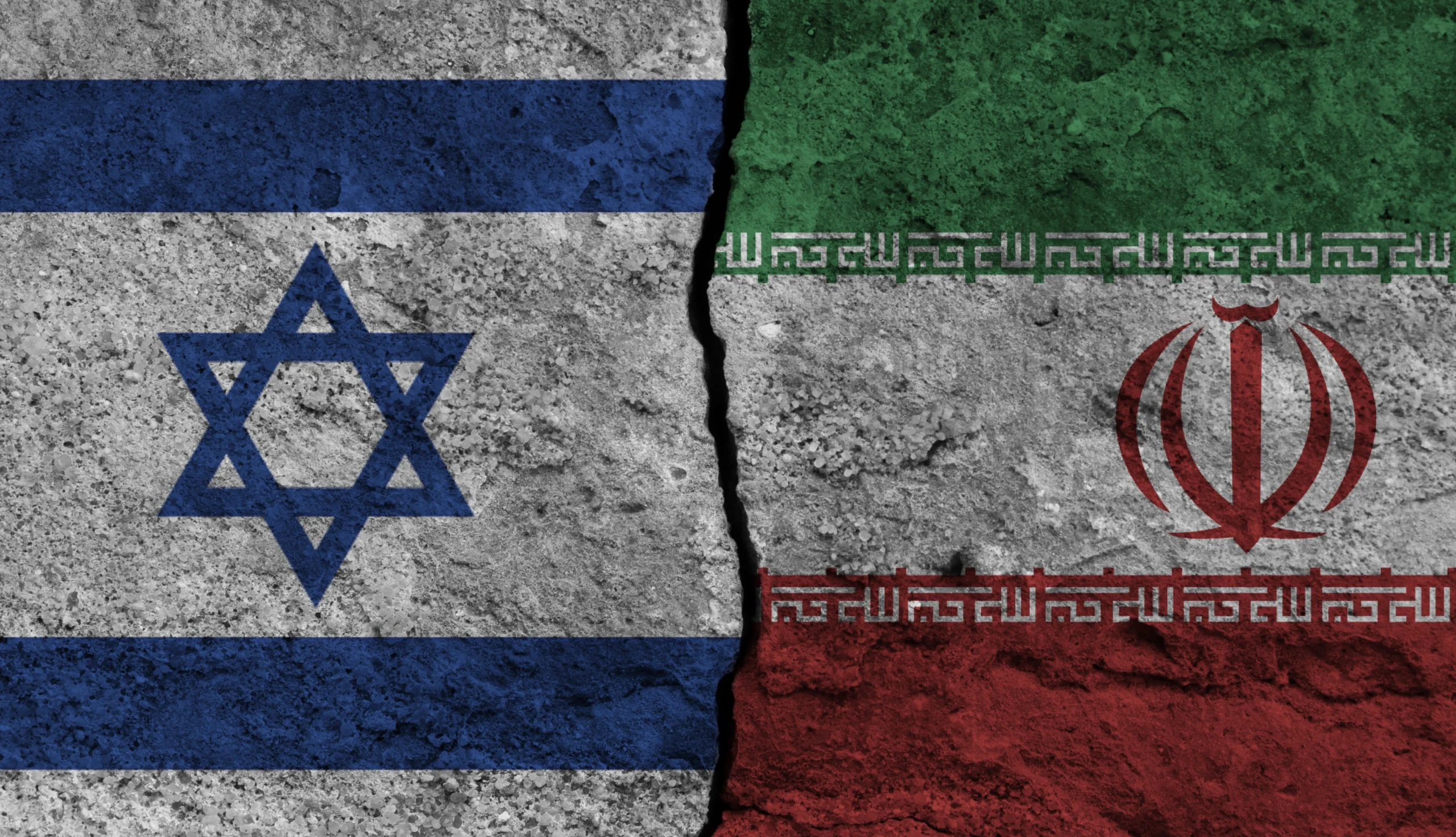As of Monday, June 18, the military conflict between Iran and Israel has entered a dangerously volatile phase, with regional and global implications. Israeli forces carried out extensive aerial strikes across Iran, targeting the capital Tehran, central Isfahan, and the outskirts of Karaj. According to Israel, 40 Iranian sites were attacked, including weapons storage and centrifuge production facilities — actions that the International Atomic Energy Agency (IAEA) later confirmed.
Tehran responded with a barrage of missile attacks targeting Israel. The Islamic Revolutionary Guard Corps (IRGC) claimed responsibility for launching long-range Sejjil missiles, warning that Iranian strikes would continue unabated. Explosions were reported across the Tel Aviv metropolitan area, though Israeli defense systems intercepted several incoming missiles and drones. One Israeli drone and fighter jet were reportedly downed by Iran, while Israel claimed to have intercepted two Iranian drones, one near the Golan Heights and another in the southern region.
The human toll continues to mount. In Najafabad, an Israeli missile strike on a civilian vehicle killed six people, including a pregnant woman and two children. Iran imposed a nationwide internet blackout, confirmed by NetBlocks, citing security concerns. Civil aviation was also suspended, with both domestic and international flights canceled until Thursday. Meanwhile, Israel relaxed some of its public safety restrictions, allowing limited activity in secure areas.
Diplomatic efforts are intensifying but remain fraught with tension. Iran’s Supreme Leader Ayatollah Ali Khamenei, in his first address since hostilities began, warned that U.S. military involvement would provoke “irreparable consequences.” Iranian officials also categorically denied former U.S. President Donald Trump’s claim that they had reached out to him for negotiations, calling his statements false and provocative.
On the international stage, reactions were swift. President Vladimir Putin of Russia and President Recep Tayyip Erdoğan of Turkey both urged restraint, with Erdoğan labeling Israeli actions “state terrorism.” France, through President Emmanuel Macron, is pursuing a diplomatic resolution and opposing any military intervention aimed at regime change in Iran. Germany, however, sparked controversy after Chancellor Friedrich Merz referred to Israeli strikes as “dirty work Israel is doing for all of us,” a comment widely condemned across diplomatic channels.
The United Nations has become a focal point for crisis diplomacy. Iran has called for an emergency Security Council session, accusing the U.S. of direct involvement in the hostilities. UN Secretary-General António Guterres expressed deep alarm, repeating his call for de-escalation and a ceasefire. Meanwhile, IAEA Director-General Rafael Grossi reiterated that the agency has found no evidence suggesting Iran is building a nuclear weapon — a central point of contention in Israeli justifications for the strikes.
The situation remains fluid, and with global powers now drawn into the diplomatic fallout, the risk of a broader regional war looms large. Without immediate restraint and a negotiated political solution, the Iran-Israel confrontation could spiral into a much wider conflict, destabilizing an already fragile Middle East.
















